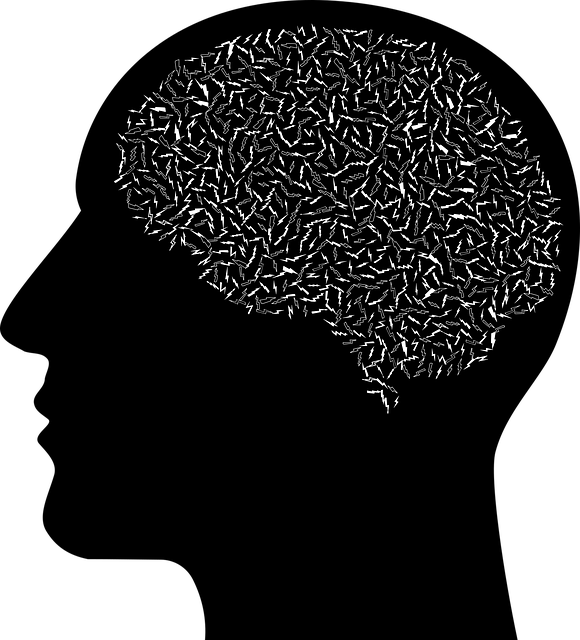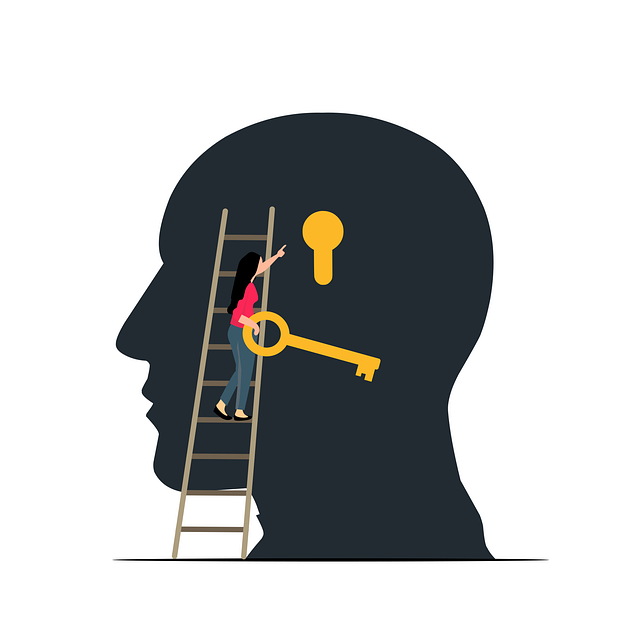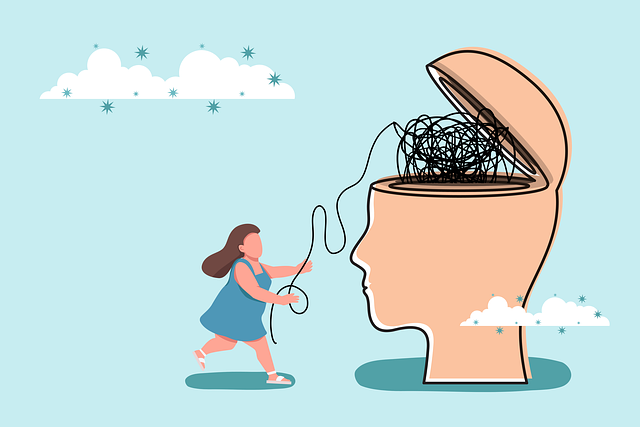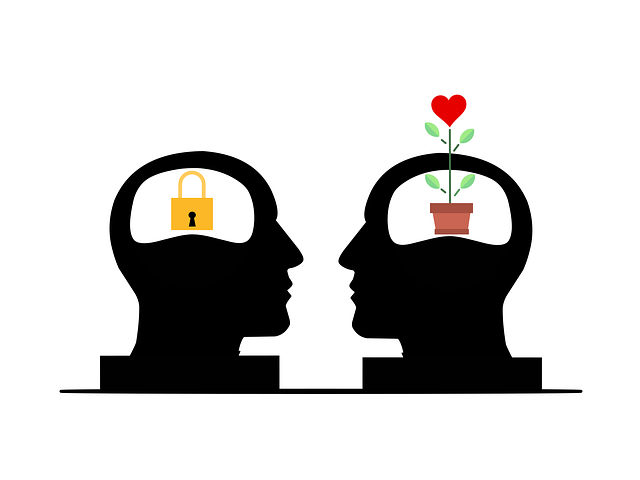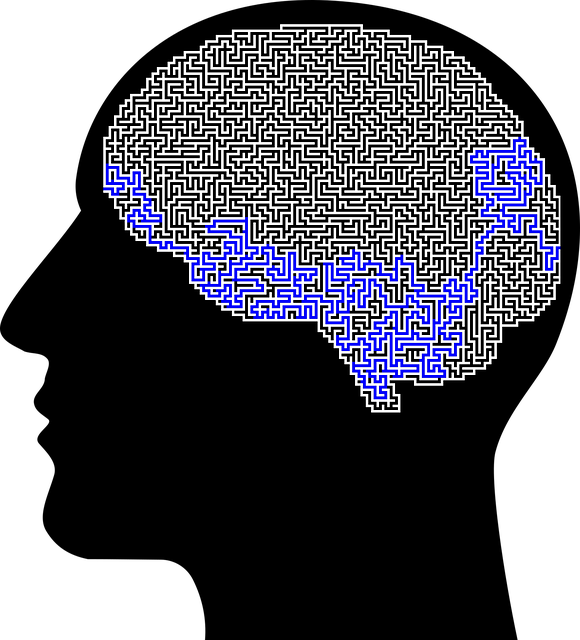Boulder Veterans Therapy tackles unique mental health challenges faced by veterans through tailored Mental Wellness Coaching Programs. Integrating evidence-based practices like CBT and MBSR, these programs empower individuals with coping tools for stress and anxiety. Additionally, they offer Social Skills Training, Mental Health Education, and community outreach to break stigmas and foster connections. By combining holistic strategies, Boulder Veterans Therapy promotes emotional well-being and enhances the lives of veterans in their transition to civilian life. They measure success through data-driven approaches, showcasing reduced symptoms and improved quality of life for participants.
Mental wellness coaching programs have emerged as a vital tool for promoting holistic health, particularly among veterans. This article explores the evolution and impact of such initiatives, focusing on key aspects like understanding the growing need for mental wellness support, designing effective therapy models (including Boulder Veterans Therapy approaches), integrating evidence-based practices, addressing access challenges, and measuring program success. By delving into these areas, we highlight best practices to enhance mental wellness coaching outcomes.
- Understanding the Need for Mental Wellness Coaching Programs
- Designing Effective Boulder Veterans Therapy Initiatives
- Incorporating Evidence-Based Practices in Coaching
- Overcoming Challenges and Barriers to Access
- Measuring Success and Impact of Mental Wellness Coaching
Understanding the Need for Mental Wellness Coaching Programs

In today’s fast-paced world, mental wellness has become an increasingly important aspect of overall health and well-being. The demand for effective support systems is more pronounced than ever, especially among populations like Boulder Veterans who often face unique challenges related to their service. This growing need highlights the significance of Mental Wellness Coaching Programs. These programs aim to empower individuals with the tools and strategies necessary to manage stress, anxiety, and other mental health concerns. By integrating evidence-based practices and tailored coaching, they offer a holistic approach to enhancing mental resilience and fostering better coping mechanisms.
Boulder Veterans Therapy, for instance, has recognized the value of these coaching programs in addressing the specific needs of veterans transitioning back into civilian life. Mental Health Awareness plays a pivotal role in breaking down stigmas and encouraging open conversations about emotional well-being. Furthermore, Social Skills Training and Mental Health Education Programs Design can be adapted to teach valuable coping techniques, improve communication skills, and promote a sense of community, all of which contribute to long-term mental wellness.
Designing Effective Boulder Veterans Therapy Initiatives

The development of effective Boulder Veterans Therapy initiatives requires a multifaceted approach to address the unique challenges faced by veterans transitioning back into civilian life. One key strategy involves integrating evidence-based therapeutic techniques, such as Cognitive Behavioral Therapy (CBT) and Mindfulness-Based Stress Reduction (MBSR), tailored to veteran experiences. These approaches can help process traumatic memories, manage PTSD symptoms, and promote emotional well-being. Additionally, incorporating skills training in areas like conflict resolution techniques empowers veterans with healthy coping mechanisms for dealing with interpersonal challenges they may encounter post-service.
Community outreach program implementation plays a vital role in engaging and supporting veterans. Setting up support groups and peer mentoring programs creates a safe space to share experiences, fostering social connections and a sense of belonging. By incorporating activities that encourage physical health, such as outdoor recreation or yoga, these initiatives can also help combat depression prevention by promoting holistic well-being. Such comprehensive strategies not only facilitate healing but also enhance the overall mental wellness of Boulder Veterans.
Incorporating Evidence-Based Practices in Coaching

Incorporating evidence-based practices is a cornerstone of effective mental wellness coaching programs. At Boulder Veterans Therapy, we’ve seen firsthand how integrating strategies like cognitive behavioral therapy (CBT) and mindfulness techniques can transform lives. These approaches have been rigorously tested and proven to manage stress, alleviate anxiety, and promote positive thinking—all vital components of holistic mental wellness.
Our coaching programs are designed to be adaptive and tailored to individual needs, drawing from a wealth of research in stress management workshops and mental wellness podcast series production. By combining these evidence-based practices with a supportive coaching environment, we empower individuals to develop lasting coping mechanisms, fostering resilience and enhancing overall well-being.
Overcoming Challenges and Barriers to Access

Many individuals face challenges when it comes to accessing mental wellness coaching and support services, particularly those from underserved communities or with unique circumstances. Barriers such as stigma, lack of awareness, financial constraints, and geographical limitations often prevent people from seeking help. For instance, in areas like Boulder, Colorado, where veterans face distinct mental health challenges, specialized therapy programs are essential but may remain underutilized. Overcoming these obstacles is crucial for ensuring that everyone, regardless of background or location, has equal access to resources for burnout prevention and stress management workshops.
One strategy to address these issues is through community outreach and education initiatives. By organizing interactive Stress Management Workshops, organizations can raise awareness about mental wellness coaching and the available support systems, including Boulder Veterans Therapy programs. These workshops can empower individuals to take charge of their mental health, offering practical tools for anxiety relief and fostering an environment where seeking help is normalized.
Measuring Success and Impact of Mental Wellness Coaching

Measuring the success and impact of mental wellness coaching programs is paramount to understanding their effectiveness and making informed improvements. At Boulder Veterans Therapy, we utilize data-driven approaches to evaluate each client’s journey. This involves setting clear, measurable goals at the onset of coaching, regularly tracking progress, and gathering qualitative feedback through surveys and interviews. By quantifying changes in symptoms, stress levels, and overall well-being, we can demonstrate tangible results. For instance, a significant reduction in anxiety or depression scores, improved sleep patterns, and enhanced self-esteem (a key focus area in our programs) are all indicators of successful coaching interventions.
Furthermore, our community outreach program implementation leverages these insights to drive mental illness stigma reduction efforts. By sharing anonymized success stories and case studies, we foster an environment of understanding and support. The ultimate goal is to empower individuals not only within our coaching programs but also in the broader community to prioritize mental wellness proactively. This holistic approach ensures that the impact of our coaching extends beyond individual transformation, contributing to a more supportive and inclusive society.
Mental wellness coaching programs, such as those inspired by Boulder Veterans Therapy, have proven to be powerful tools in enhancing mental health support. By combining evidence-based practices with tailored initiatives, these programs can significantly impact individuals’ well-being. Overcoming access barriers and measuring success through measurable outcomes ensures that these initiatives are not only effective but also sustainable. As we continue to navigate the landscape of mental health care, incorporating coaching into our strategies offers a promising path towards improved resilience and overall mental wellness for all.
